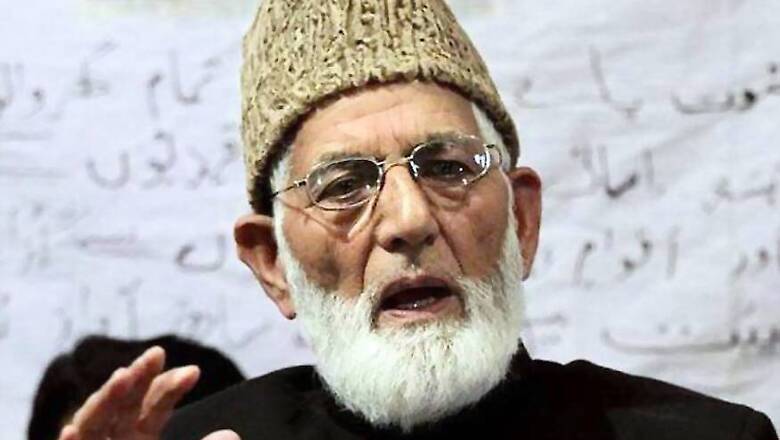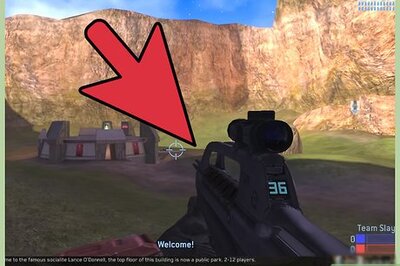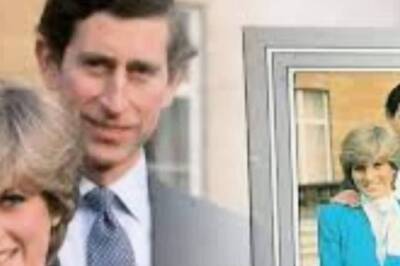
views
New Delhi: Senior Hurriyat leader Muhammad Ashraf Sehrai was appointed as the chairman of Tehreek-e-Hurriyat on Monday after Syed Ali Geelani resigned from the post.
Geelani, however, will continue to remain the chairman of his faction of Hurriyat Conference. The replacement is seen as a major development and it would also put to rest speculations about the sucession in the separatist movement.
“The Tehreek-e-Hurriyat led by Syed Ali Geelani today held a meeting at its office in Srinagar and elected senior member Muhammad Ashraf Sehrai as the party chairman,” said a spokesman of the conglomerate.
Syed Ali Shah Geelani, 87, has been a key figure in the All Parties Hurriyat Conference since 1990. He has been heading his faction of Hurriyat (G) since 2003. Geelani has not been keeping well for the last few years and has been under constant house detention.
While many insiders believe that no one can match Geelani’s appeal, Sehrai’s appointment hasn’t come as a surprise.
Ashraf Sehrai, 74, whose real name is Mohammad Ashraf Ali, has long been a trusted aide of Geelani. Sherai has always kept a low profile despite the fact that he has been the general secretary of Tehreek-e-Hurriyat since its formation.
Sehrai was born in 1944 in Tickipora Lolab, Kupwara. His forefathers had migrated to Kashmir before the Partition.
It was in 2004 when Geelani and his associate Sehrai formed Tehreek-e-Hurriyat. Both leaders were part of the religious-political organisation, Jamiat-e-Islami.
Geelani and Sehrai’s friendship goes back to early 60s when Jamaat-e-Islami was gaining new grounds in Kashmir. Geelani, the then Baramulla district president of the Jamaat, was entrusted with the responsibility to take Jamaat and its mission to far-flung areas in Baramulla district of Jammu and Kashmir. It was here that Geelani met Sehrai, which later turned into a lifelong friendship.
In an interview in 2015, Sehrai had told a reporter “I am a shadow of Geelani right from 1959. He is my Rehbar (leader) and I am his follower.”
Sherai was jailed for the first time in 1965, when he was 22 years old. He was imprisoned in Srinagar Central Jail for about six months for being part of “anti-government activities”.
Often being called as the “shadow of Geelani”, Sehrai’s views on Kashmir conflict echo that of Geelani’s. Like Geelani, Sehrai also believes that inclusion of Kashmirs in the dialogue process in the only way of solving the conflict. He also is a firm believer of intervention by a third party, like the United Nations or a neutral country in the dispute.
Sehrai, including incarcerated leader Masrat Alam, was one of the chief architects of the separatist movement during the 2010 unrest in Kashmir among other key Hurriyat leaders.




















Comments
0 comment